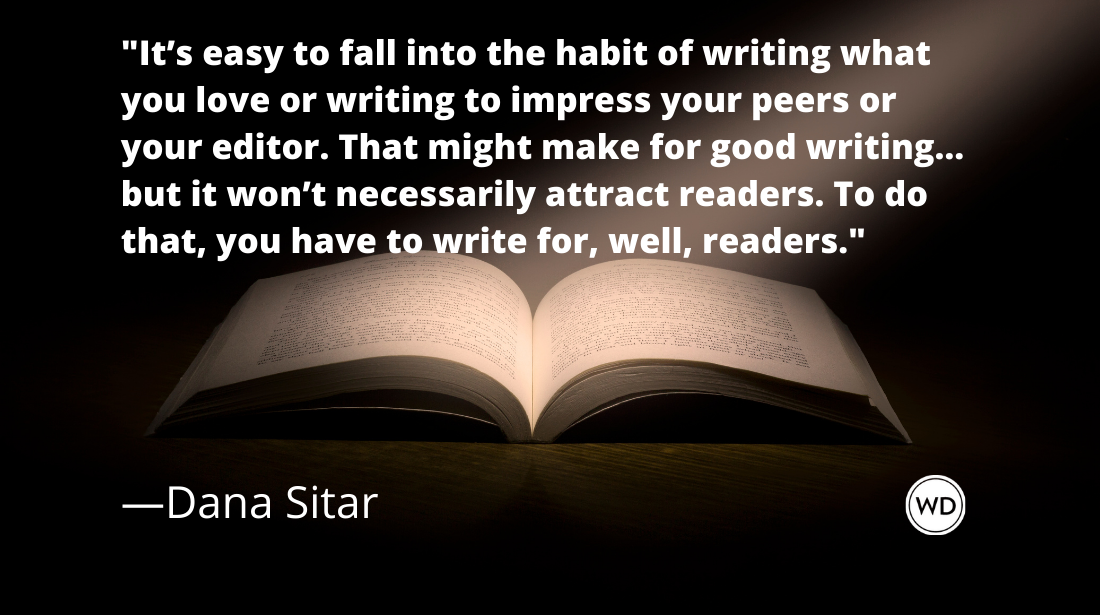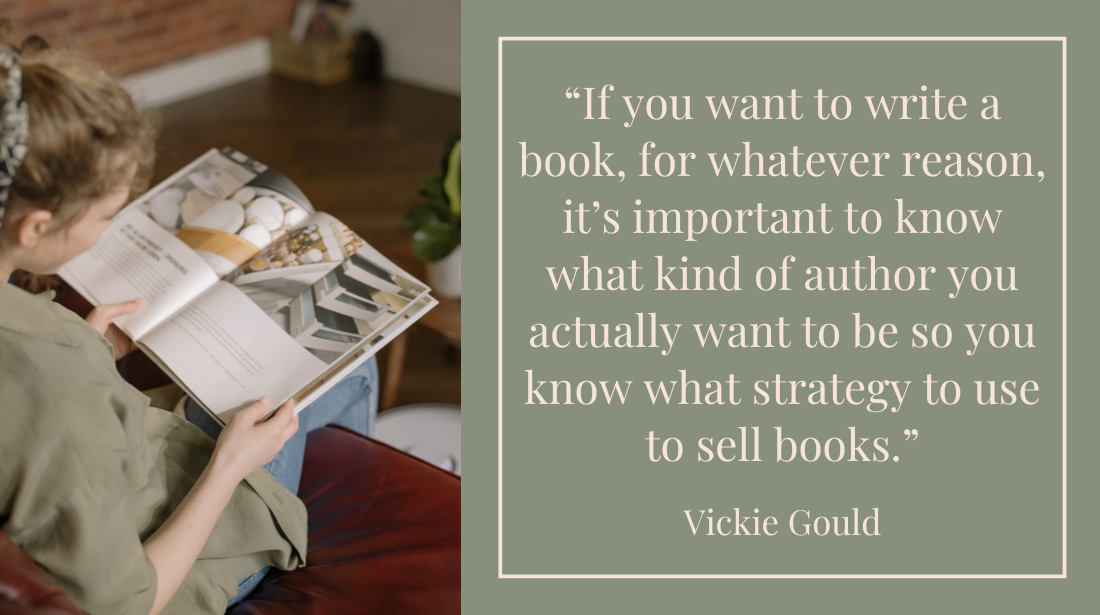Upping the Ante
Ask for more money without stepping on your editor’s toes.
A very important editor assigns you your dream assignment and says, "I can pay $X a word. Will that work for you?"
You were expecting more money. Do you say OK? Or do you dare ask for more?
I asked two top editors to discuss their take on the money issue: Madame Q—a senior editor at a major publication, who requested anonymity so she could be more honest, and Steven Biller—editorial director of Palm Springs Life, Palm Desert Magazine and Pebble Beach: The Magazine.
How do you deal with author payment?
MQ: We have a standard per-word rate that's my default offer, even if the writer is very well established. You'd be surprised at how many great, famous writers don't quibble about our standard rate.
SB: Most magazines have set rates depending on length, number of sources, complexity and many other factors. Editors must stay within difficult budgets. If I offer an assignment, I attach a fee. The writer either accepts or doesn't. If he asks for more money, I weigh the request against the factors above. If I can give a little more and stay on budget, I usually will.
If this is a first-time writer for your publication, do you start on the low end of the pay scale?
MQ: I always start with the lowest rate that's fair. I don't dip below the standard rate just because I think I can get away with it.
SB: If I'm trying out a new writer—someone with few, if any, published clips and little experience—we'll pay less because of the level of coaching and editing required. If the writer does well and earns more work, the pay will increase in lock step with the quality of what's delivered.
What if this writer has contributed to other top magazines or newspapers? Does that make a difference?
MQ: It doesn't make a difference in my first offer. Frankly, it doesn't make a difference in how high I'll go if the writer asks for more money, either. The two things that matter are my estimate of how well the story will turn out (which is based on the writer's clips and references, not credits) and the extent of my need for the story. Sometimes I must assign a story to run in a rapidly approaching issue; these are worth more to me. An unpegged story with a distant due date has less value to me.
What if a first-timer asks for more money? Will asking ruin her relationship with you?
MQ: It's fine to ask for more, even at first assignment. You could ask, "Is there any flexibility? I usually make $X per word." Then, if I can raise the rate, on subsequent assignments you'd have to remind me: "Remember, my rate is $X." Things that would harm the relationship: acting hurt, taking the job grudgingly if I can't pay you what you're asking, or asking for a bump every time I assign you a story.
SB: I give what I can—really. If that's not enough, no hard feelings. I understand that writers need to make a living. And most writers understand that I have to work within a budget. In 16 years of publishing, I've never lost a writer over money.
Do you have any wiggle room to go up?
MQ: Usually I do, unless it's a short, for which there are fixed rates. At my old job with a small magazine, there wasn't very much flexibility because our budget was so tight—paying someone a little more meant paying someone else a little less. Now I work for a large magazine, and though of course we have budgetary pressures, the budget is proportionally bigger, and therefore so is the wiggle room.
SB: It depends on what else is in the particular issue. If I'm running under budget, and a writer wants a small bump, I'll usually give it.
When is it appropriate for someone you've worked with to ask for a raise? How should he do it?
MQ: I'd say it's appropriate every couple of years or every 10 big assignments or so. Point out what a great job you've been doing and how much you love working for me and all the great things you're going to do, then say you've been working at the same rate for however long. Then ask, "Is there any chance of raising my rate a little?"
SB: Writers will feel when the time is right. After submitting several solid articles—well sourced, well written and organized, and on point—a discussion is appropriate. I'd approach it as a conversation with the editor: How do you like my work so far? What's the response? How can I improve? Etc. If the editor thinks the writer walks on water, the writer can justly ask for an increase. If the editor indicates ambivalence or points out weaknesses (this should be done during assignments), then it probably won't feel right to ask for an increase. It's best for the writers to determine where they stand with an editor before asking for more money.









